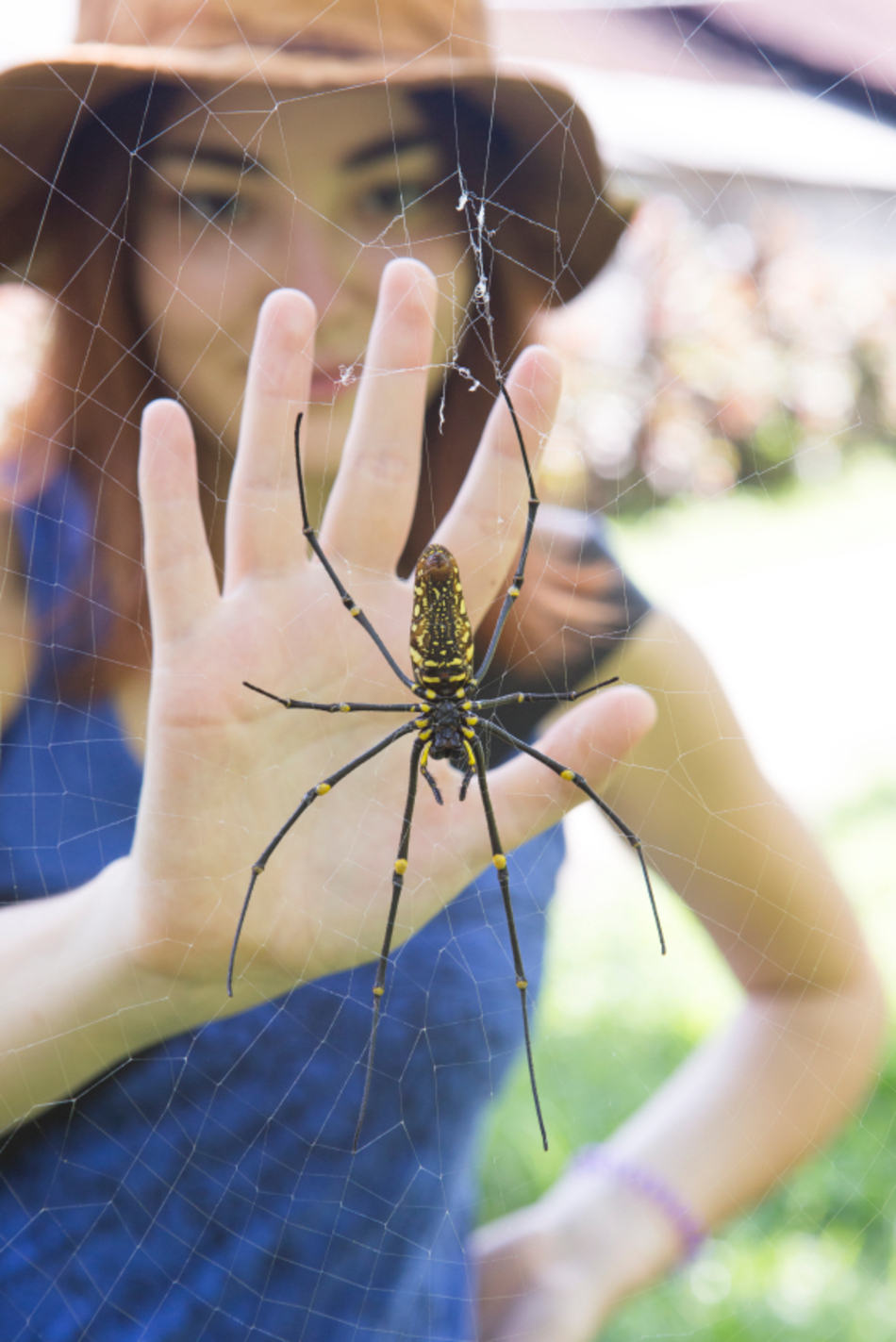
Episode Transcript
Announcer: Access to our experts with in-depth information about the biggest health issues facing you today. The Specialists with Dr. Tom Miller is on The Scope.
Dr. Miller: I'm here today with Dr. Mark Eliason. He is an assistant professor of dermatology. Some people are very terrified that a bite might actually be due to a spider such as a brown recluse or a black widow. How often does that occur and if you have been bitten by one of those types of spiders, should you seek medical attention?
Dr. Eliason: Well, first, I should say that they are actually very rare. We do see spider bites that happen, but when they do, you can often see a change. You can actually see the little fang marks on the skin, although that's hard for most people to see. They're very small.
Dr. Miller: Not like a rattlesnake bite?
Dr. Eliason: No, definitely not. They're smaller than that. But they're usually extremely painful right at the site where the bite occurred, and then they’re less so farther away. Most bites that happen from the dangerous spiders like the black widow or the brown recluse or the hobo spider, which sometimes happens here in Utah as well, those can be associated with what we call necrosis, which is skin that starts to die locally. The skin turns a dark purple color. It starts to die a little bit. And usually the problem with these is that people get secondary bacterial infections. It's not so much that the spiders' bite that hurts them. It's the lack of wound care that then leads to further problems.
Dr. Miller: So if you see a spider, and you are bitten by one, you should probably seek some medical attention, or not?
Dr. Eliason: Well, by and large, the spiders, the most prevalent ones that are in this area, particularly the ones that live in homes are very seldom the dangerous ones. Hobo spiders do like to live in certain types of homes. I don't want to make everyone paranoid about that. But they don't like people. They run away from us. They avoid us. They don't sneak out at night and bite.
Dr. Miller: Most spiders do.
Dr. Eliason: Yeah. So with few exceptions, most spider bites could be managed just by washing the area with a topical antibiotic like the bacitracin or polysporin you can get from the store, and then if the area that was bit, that dark red or darkened area doesn't expand, people don't get a fever. Usually, you can just watch those.
Announcer: Have a question about a medical procedure? Want to learn more about a health condition? With over 2,000 interviews with our physicians and specialists, there’s a pretty good chance you’ll find what you want to know. Check it out at TheScopeRadio.com.
updated: November 27, 2018
originally published: March 24, 2015